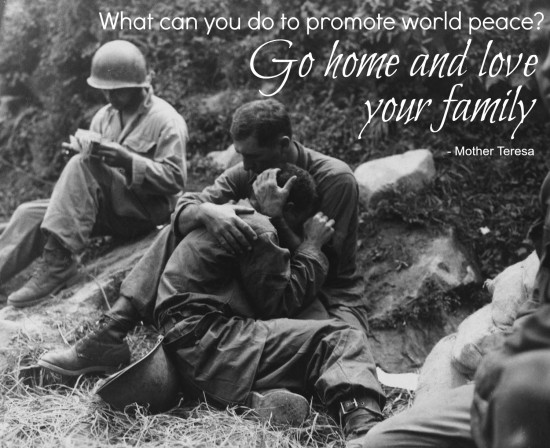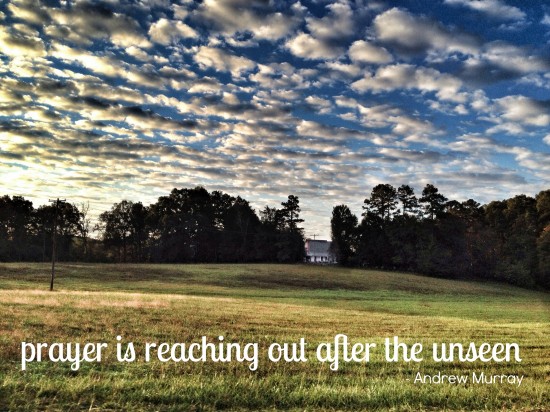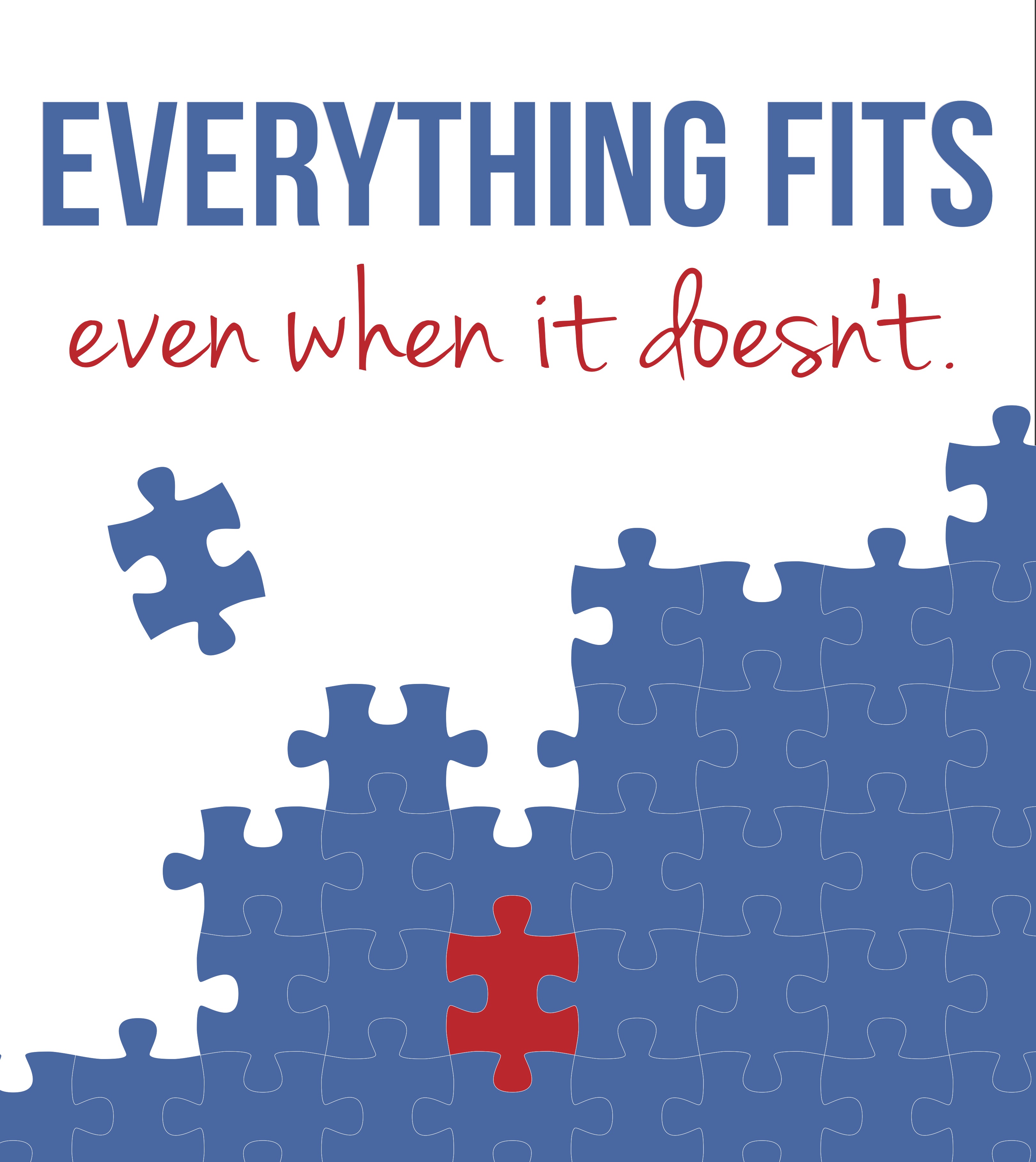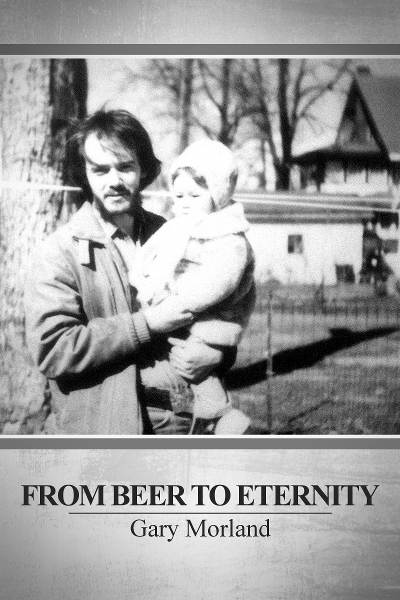This could be the beginning of real change and progress in your family.
It begins with you.
All that stuff you’ve heard about ‘be the change you want to see?’ It’s true.
Humans are designed to influence each other. Especially in families. That’s scary, because to be a positive influence you have to take responsibility for that influence, which is hard. But it’s good, because when you DO take responsibility, the design will automatically help you.
So, when you take responsibility, start with these two things:
1. Accept your family
Here’s what I mean by acceptance; it’s your attitude: This doesn’t have to change. You don’t have to change. I may want change, but my happiness and contentment are not dependent on you changing.
Accept your family as a whole and accept each individual. Accept the reality of who they are. Desire change all you want, but don’t make your acceptance of them conditional on them meeting some criteria.
Accept them personally and accept how God seems to have created them. That doesn’t mean you approve of all their attitudes or conduct. It means you love them anyway. Each is an individual on their own personal journey and accountable to God. God is not finished yet, with them or with you.
This journey is tough enough without rejection and conditional love from the ones closest to you.
This is the same thing you want from them. This is hard to do. It’s hard for them, too, to accept you.
But this is the beginning of what Jesus did and does.
God demonstrates his own love for us in this: while we were still sinners, Christ died for us – Romans 5.8
Hopes and dreams and goals for your family are different than your personal dreams and goals. You have control over your own desires and efforts. Would it be challenging to you to have a goal to lose 30 pounds? But how much more challenging would it be if you had a goal for someone else to lose 30 pounds? And what if you made acceptance of them conditional on them losing the weight?
Now replace the weight goal with goals like being respectful, or employed, or sober, and let’s say you won’t accept them until they change. How does that feel in your family? What if they hold back acceptance of you for their own reasons?
To be fully seen by somebody, and be loved anyhow – this is a human offering that can border on miraculous – Elizabeth Gilbert
2. Accept your role (and your limits)
You role is to take the initiative no matter what others do. In a sense, it’s up to you; not the results, but the role of modeling.
You want your family to be patient, kinder, more respectful? Then you be patient, kinder, more respectful.
You want your family to take less offense and be less argumentative? Then take less offense and be less argumentative.
You want your family to root for each other and have a more positive attitude? You know what to do.
No, of course you can’t do it all, and you can’t be perfect, and it will take time. But you can do something, and you MUST. You can’t say they won’t listen! You can’t say it doesn’t do any good! You can’t say but look how they treat me!
Their response is not your job. Your job is to model and to be an example – as imperfect as it will be – of what you want.
We are never responsible for filling anyone else’s cup. Our responsibility is to empty ours – Andy Stanley
And Jesus’ responsibility is to fill yours so you can empty it. Do you think he wants to do that? When I keep my cup full he doesn’t fill it at all. No room for him.
When you move in the direction of accepting your family and loving unconditionally, and in the direction of accepting your role to model what you want to see, you’re walking with Jesus. This is his direction. He’s with you.
This could be worth it even if your family doesn’t change.
How do you feel about this starting point?




















